Beliefs
What We Believe
There is one living and true God, everlasting without physical form, with infinite power, wisdom, and goodness. He is the maker and preserver of all things, visible and invisible. Within the Godhead are three persons of one substance, power, and eternity: the Father, the Son, and the Holy Spirit.
Jesus is the Son, the Word of the Father, and the eternal God of one substance with the Father took on human nature. In this way, two complete and perfect natures, the divine and human, are eternally joined in one person. Jesus Christ is fully God and fully human. He suffered, was crucified, died, and was buried to reconcile his Father to us and to be a sacrifice for not only original sin but also for the actual sins of humanity.
The Holy Spirit, proceeding from the Father and the Son, is of one substance, majesty, and glory with the Father and the Son and is eternally God.
Christ rose from the dead, took back his body, ascended into heaven, and will return to judge all men on the last day.
The Holy Scriptures contain everything necessary for salvation. Anything not found in the Scriptures is not required to be believed as an essential article of faith for salvation. By Holy Scripture, we mean the contents of both the Old and New Testament books.
The Old Testament is not in opposition to the New Testament. Both offer everlasting life to humanity through Christ, the sole mediator between God and humanity as God and Man. While the laws given by God to Moses concerning ceremonies and rituals are not binding for Christians, Christians are not exempt from following the moral commandments.
After the fall, humanity cannot, by their strength and work, turn to faith in God. Without the grace of God through Christ, we cannot perform good works that are pleasing and acceptable to God, even if we have the will to do so.
We are counted righteous before God only for the merit of our Lord and Savior Jesus Christ, by faith, and not by works.
Although good works, which are the fruits of faith and follow after justification, cannot put away our sins, yet are they pleasing and acceptable to God in Christ and spring out of true faith, that by them, faith may be as evidently known as a tree is discerned by its fruit.
The Church is a congregation of faithful people in which the pure Word of God is preached, the Sacraments are duly administered, and followers are molded into the image of Christ.
Sacraments ordained by Christ are not only badges or tokens of the Christian profession; instead, they are sure signs of grace and God's goodwill toward us. In the sacraments, God works invisibly in us, strengthening and confirming our faith in him. There are two Sacraments ordained of Christ our Lord in the Gospel: Baptism and the Supper of the Lord.
Baptism is not only a sign of profession and a mark of difference, where Christians are distinguished from others who are not baptized; it is also a sign of regeneration or the new birth. Whether you are baptized as an infant or later in life, God is the actor, and we are received by Divine grace.
The Lord's Supper, or Holy Communion, is not only a sign of the love that Christians ought to have among themselves but is a sacrament of our redemption by Christ's death. For those who rightly, worthily, and faithfully receive it, the bread we break is a partaking of the body of Christ; likewise, the cup of blessing is a partaking of the blood of Christ. The body of Christ is given, taken, and eaten in the Supper, only in a heavenly and spiritual manner. We receive and partake of the body of Christ in faith. All who believe may partake of the Lord's Supper during our services.
The offering of Christ, once made, is that perfect redemption, atonement, and satisfaction for all the sins of the whole world, both original and actual, and there is no other satisfaction for sin but that alone.
